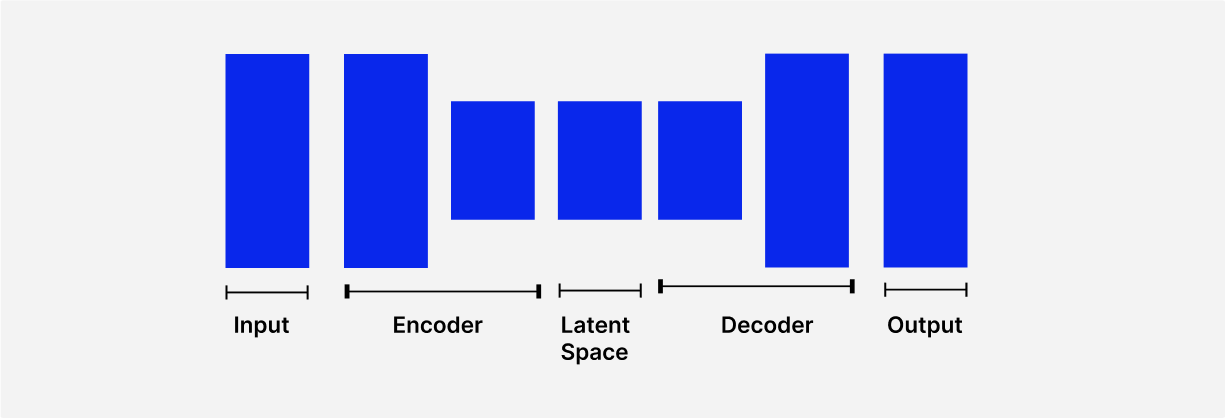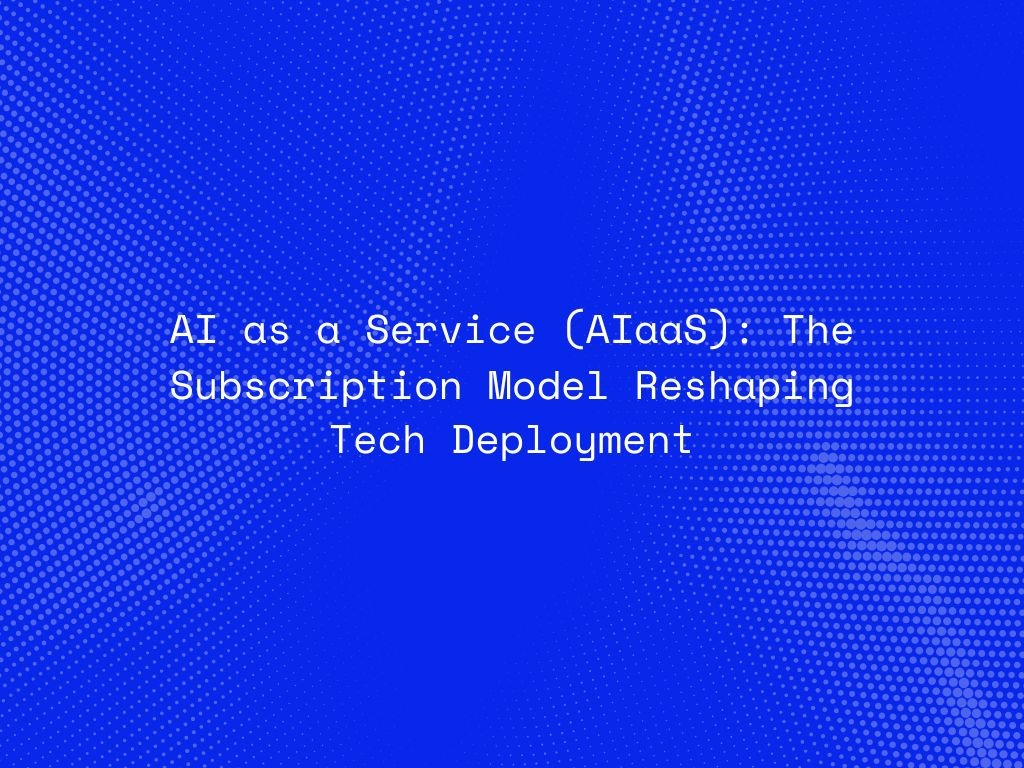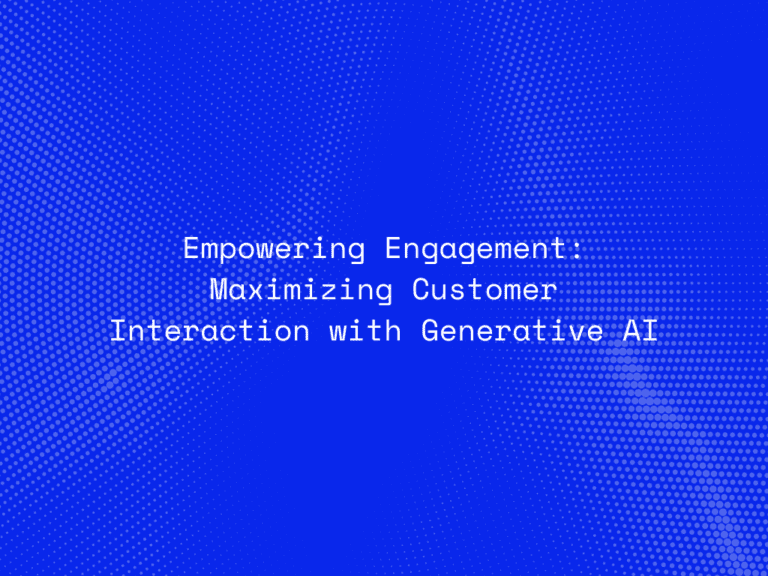Artificial Intelligence is no longer a futuristic concept—it’s a business necessity. However, building and maintaining AI infrastructure in-house is often expensive, time-consuming, and resource-intensive. This is where AI as a Service (AIaaS) comes in. By offering AI capabilities on a subscription basis, AIaaS is transforming how companies of all sizes deploy, scale, and leverage AI without the heavy upfront investment.
What is AI as a Service (AIaaS)?
AI as a Service is a cloud-based delivery model where AI tools and platforms are offered through subscription or pay-as-you-go pricing. Much like Software as a Service (SaaS), it removes the need for organizations to build and host AI models from scratch. Instead, businesses can tap into pre-built algorithms, APIs, and infrastructure to integrate AI into their operations.
Key components of AIaaS include:
-
Machine Learning as a Service (MLaaS) – Pre-built models for prediction, classification, and recommendation.
-
Natural Language Processing (NLP) APIs – Tools for chatbots, sentiment analysis, and content generation.
-
Computer Vision Services – Image recognition, object detection, and facial analysis.
-
AI-powered Analytics Platforms – Data-driven insights for smarter decision-making.

Why AIaaS is Gaining Momentum
The rise of AIaaS is being driven by the need for agility, scalability, and cost-efficiency. Key reasons for adoption include:
-
Lower Barrier to Entry
Startups and SMEs can now access advanced AI without massive capital expenditure. -
Scalability on Demand
Businesses can scale AI workloads up or down based on demand without worrying about server capacity. -
Faster Time-to-Market
Pre-built AI models reduce the development cycle, allowing rapid deployment of new products and services. -
Focus on Core Business
By outsourcing AI infrastructure, teams can concentrate on innovation rather than maintenance.
AIaaS vs. Traditional AI Deployment
| Feature | AI as a Service (AIaaS) | Traditional AI Deployment |
|---|---|---|
| Cost | Subscription-based, lower upfront cost | High upfront infrastructure & talent cost |
| Scalability | Highly flexible | Limited by in-house resources |
| Maintenance | Managed by provider | Requires in-house expertise |
| Deployment Time | Rapid integration | Long development cycles |
Use Cases of AIaaS Across Industries
-
E-Commerce – Personalized recommendations, dynamic pricing, and visual search.
-
Healthcare – AI-assisted diagnostics, predictive patient analytics.
-
Finance – Fraud detection, algorithmic trading, and credit scoring.
-
Manufacturing – Predictive maintenance and quality inspection.
-
Marketing – Automated content creation, customer sentiment tracking.
Challenges & Considerations
While AIaaS offers significant benefits, businesses should be aware of:
-
Data Privacy & Security – Handling sensitive data securely.
-
Vendor Lock-In – Choosing platforms with flexibility.
-
Customization Limits – Pre-built models may not fit all use cases.
The Future of AI Deployment
As AIaaS evolves, expect to see:
-
Industry-Specific AIaaS Solutions – Tailored for healthcare, retail, manufacturing, and more.
-
Edge AIaaS – AI processing closer to data sources for faster results.
-
Integration with Generative AI – Expanding creative and automation capabilities.
AIaaS is democratizing artificial intelligence by making it affordable, scalable, and accessible. For organizations seeking to stay competitive, adopting AIaaS could be the key to innovation without the risk of overinvestment.




